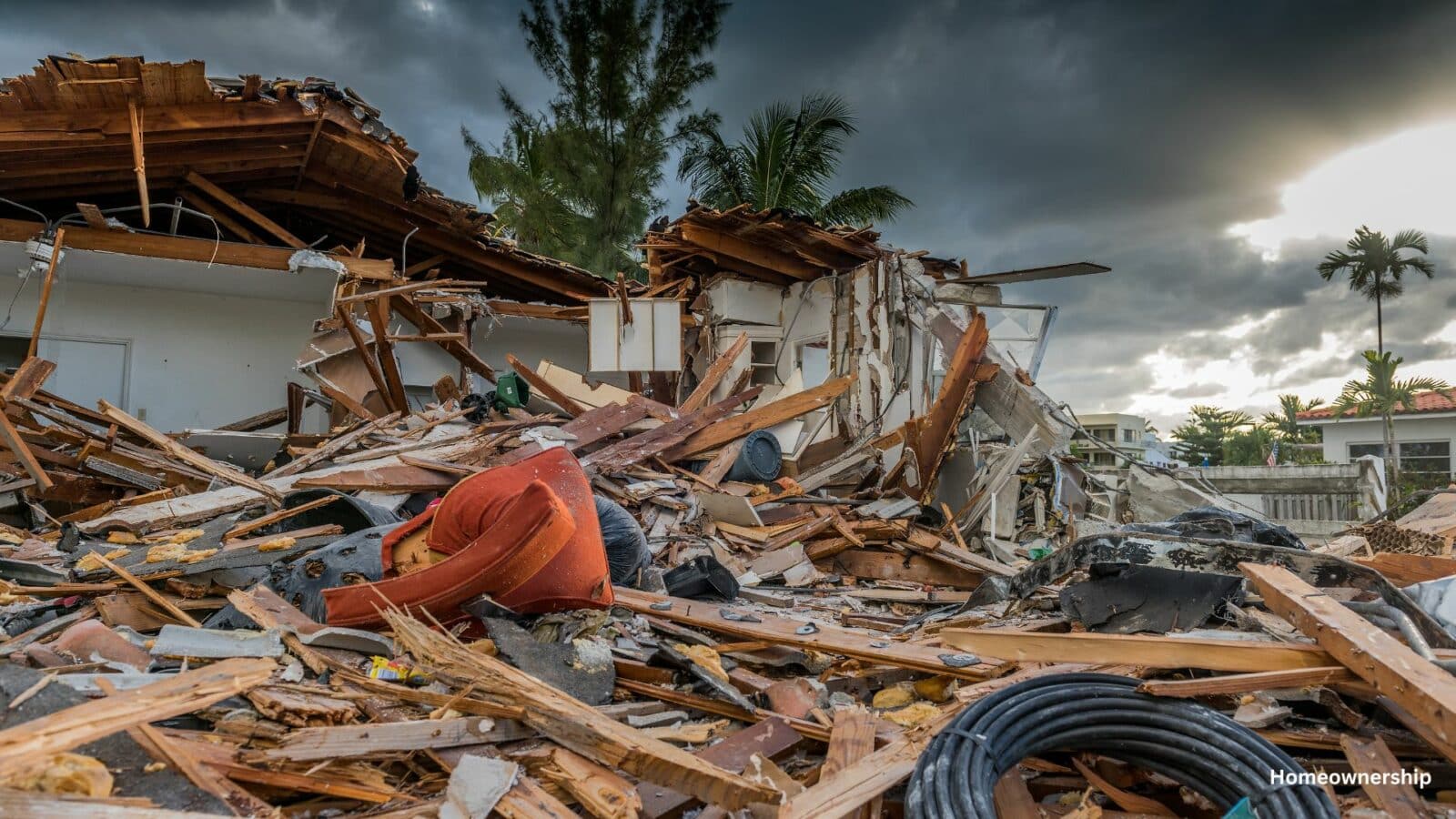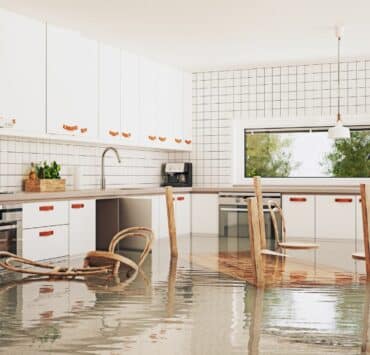Buying a home in a hurricane zone requires careful consideration due to the unique risks and preparations involved.
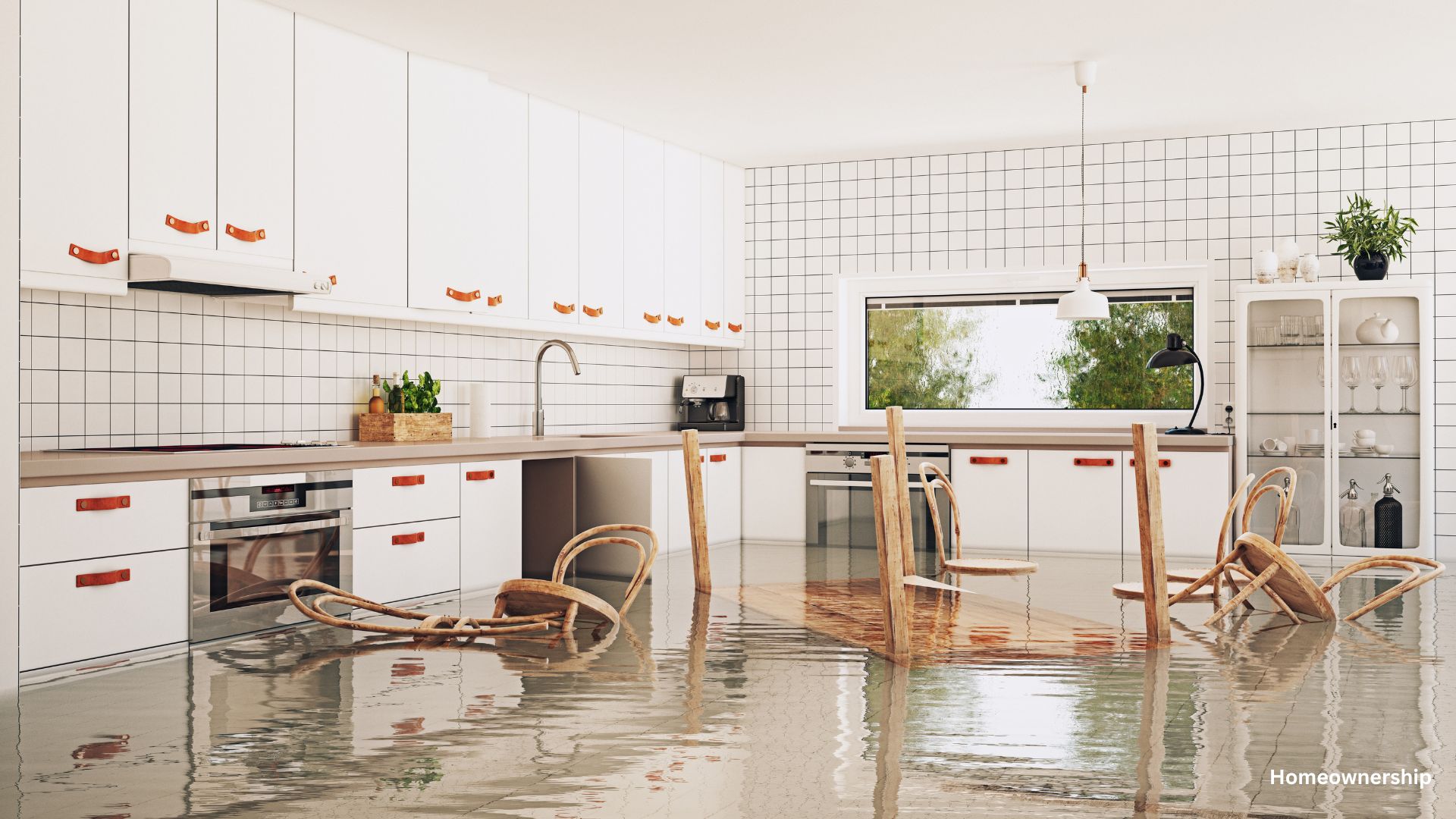
Buying a Home in a Hurricane Zone: Important Tips to Remember
1. Understand the Hurricane Risk
Before purchasing a home, research the hurricane history of the area. Look at past storm tracks, frequency, and intensity to understand the potential risk.
2. Evaluate Building Codes
Homes in hurricane zones should meet stringent building codes designed to withstand high winds and flooding. Check if the home complies with the latest standards, especially for roofs and windows.
3. Check the Age and Condition of the Roof
The roof is a critical component in hurricane-prone areas. Ensure it is relatively new and built to current standards. Older roofs may be more vulnerable to damage.
4. Inspect Windows and Doors
Impact-resistant windows and reinforced doors are essential. Look for signs of wear and ensure they meet local hurricane protection standards.
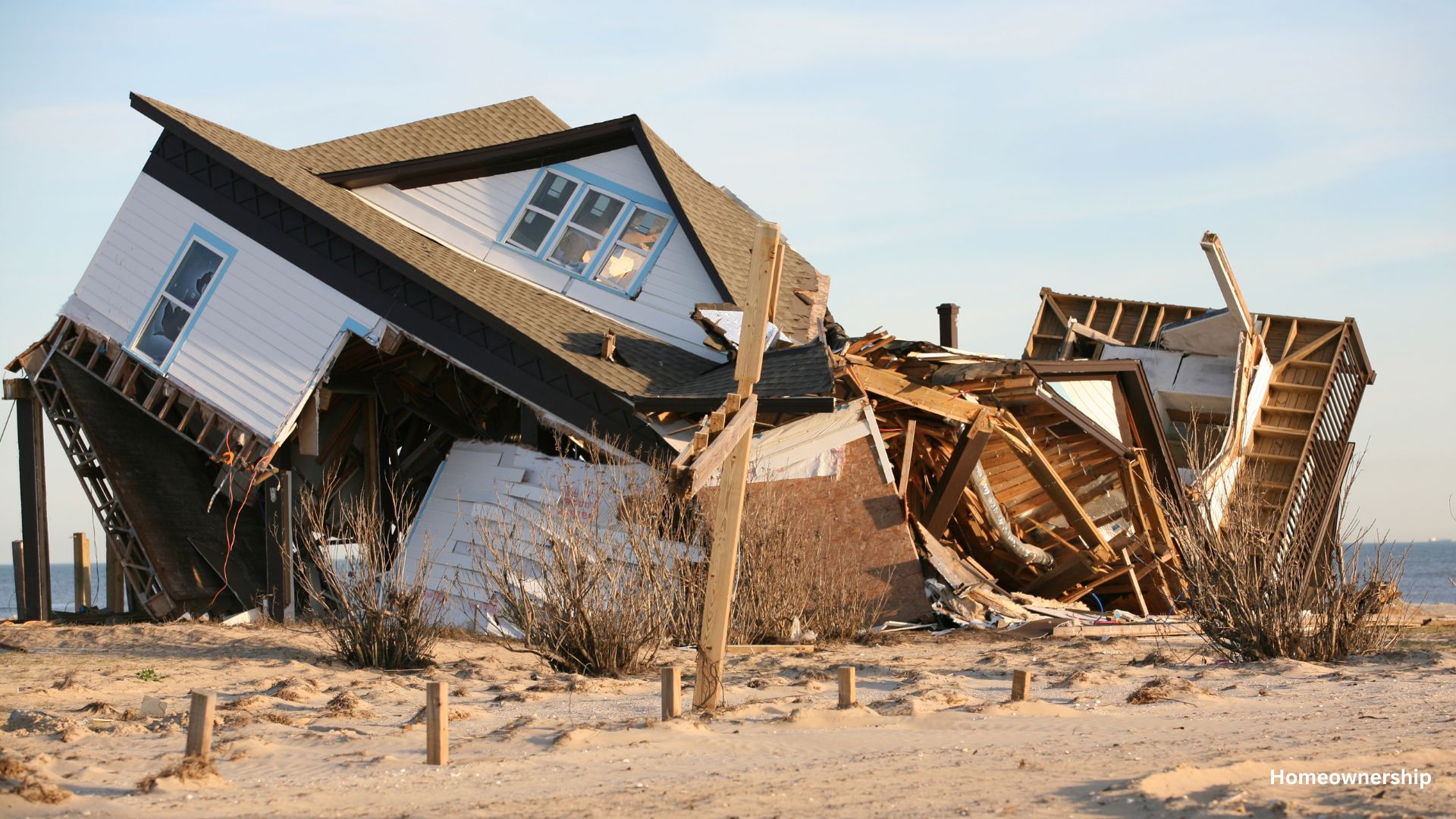
5. Consider Insurance Costs
Insurance in hurricane zones can be expensive. You’ll need homeowners, windstorm, and flood insurance. Get quotes and factor these into your budget.
6. Review Flood Zone Maps
Use FEMA’s flood zone maps to determine the flood risk of the property. High-risk flood zones may require additional insurance and pose higher risks.
7. Assess Elevation and Drainage
Homes on higher ground or with good drainage systems are less likely to flood. Evaluate the property’s elevation and nearby drainage infrastructure.
8. Evaluate Construction Quality
Inspect the construction materials and techniques used. Homes built with reinforced concrete and designed with hurricane straps are more resilient.
9. Plan for Storm Preparation
Understand what preparations are needed before a storm, such as installing shutters or securing outdoor items. Know the local evacuation routes and have a plan.
10. Consider the Cost of Maintenance
Regular maintenance, like tree trimming and gutter cleaning, is crucial to minimize damage during a storm. Include these recurring costs in your budget.
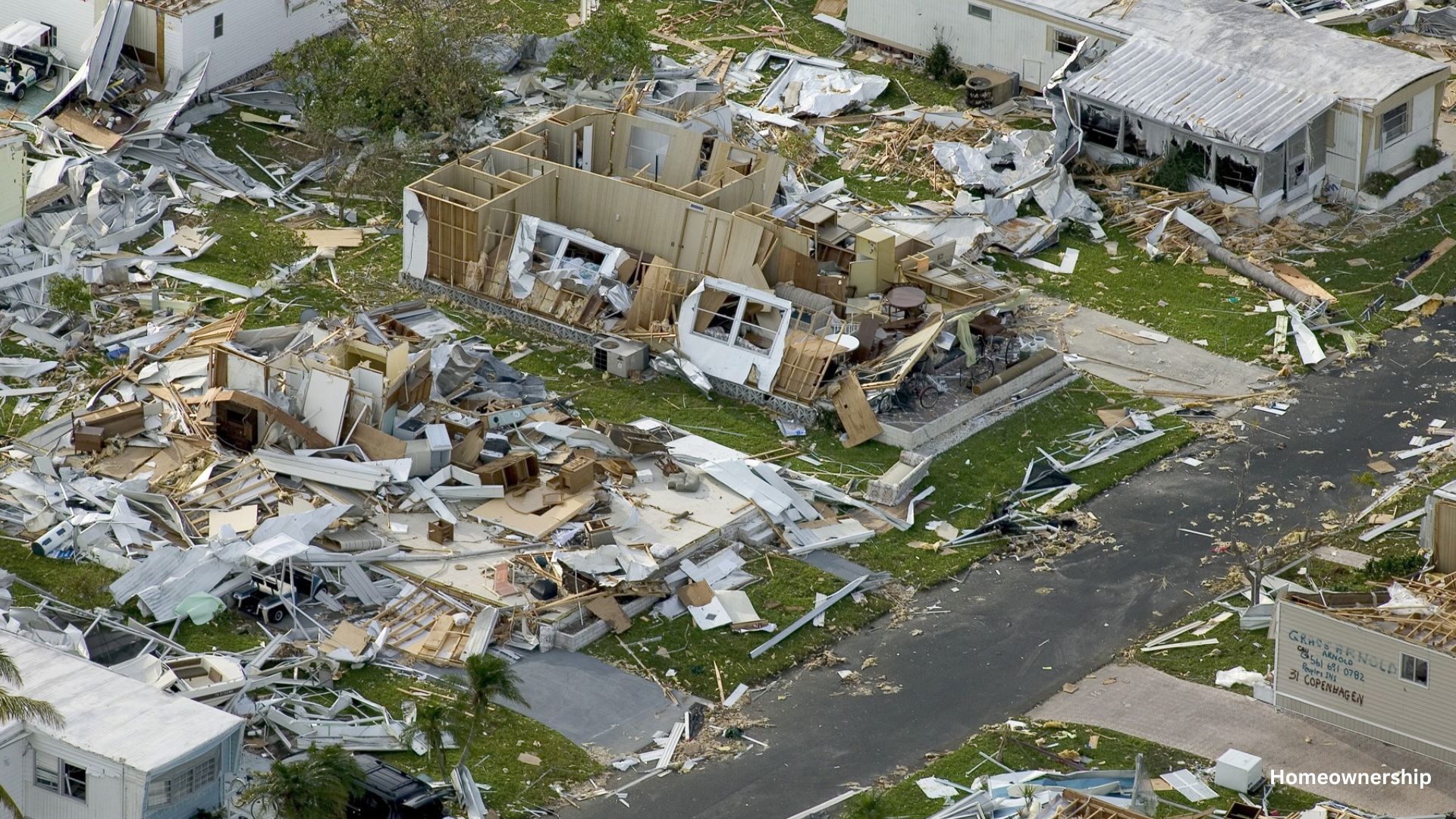
11. Check for Past Damage
Inquire about any previous hurricane damage to the property and ensure it has been properly repaired. This can affect the structural integrity of the home.
12. Understand Local Regulations
Different areas have varying regulations for building and preparing homes for hurricanes. Ensure you comply with all local requirements.
13. Access to Emergency Services
Proximity to emergency services like hospitals and fire stations is crucial. Ensure these services are easily accessible in case of a storm.
14. Community Preparedness
Living in a well-prepared community can make a significant difference. Look for communities with established hurricane preparedness plans and resources.
15. Financial Resilience
Hurricanes can disrupt local economies. Ensure you have a financial buffer to handle potential disruptions, like temporary relocations or job impacts.
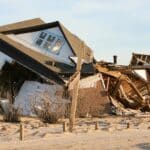
Buying a home in a hurricane zone involves unique challenges and preparations. By carefully evaluating these factors, you can make an informed decision and ensure your home is as safe and resilient as possible.
